Director’s Statement
As we edited HERE. IS. BETTER. during the height of the pandemic, the unspoken counterpoint to the narrative on screen is the universal trauma the world has gone through and how those themes are amplified in the documentary — the loss, the isolation, the stumbling back to normalcy, all impacted by the scars of our collective experience.
The film principally interweaves the stories of 4 Veterans — 2 men and 2 women — whose wartime and life experiences couldn’t have been more different. John served in Vietnam as a door gunner; Teresa drove convoys in Iraq; Jason was a military intelligence officer in Afghanistan; Tabitha served in Iraq and Afghanistan as a welder and a member of the ‘Lioness’ program. Their willingness to tell their stories — to be heard for a common purpose — is one of the great gifts of making this film, and I only wish we could have featured all of the remarkable Veterans we have met along this journey.
Though John, Teresa, Jason and Tabitha all differ in age, background, and the types of trauma they had been through, there was nonetheless something universal across their shared experiences. They all desired a greater connectedness with family, friends, or others in their communities, but did not know how to get it back. As Teresa says early in the documentary, something was left in the desert, and she didn’t want to go back to find it. It was easier and less complicated just to let it stay there. Putting those pieces back together, the restoration of these lives, is a key pillar of the film: a sense of self had somehow been lost that they so desperately wanted to get back and make whole again.
Through their personal stories, the film seeks to bring understanding to how we collectively respond to trauma, to what a PTSD diagnosis means, and how PTSD can impact daily life, far removed from a military setting. The film does not seek to be prescriptive, but instead highlights how the right fit of trauma therapies and other support systems can help transform darkness into light.
This film is meant to help Veterans who have experienced trauma, but also to help audiences who may be experiencing the aftermath of any devastating event – whether they served in the military or not – and are unable to find a path forward. During the film’s festival run, the universal nature of these stories became abundantly clear – we heard from countless first responders, therapists, front line workers and others who all shared how deeply moved they were by the honesty of the film and their belief in its power to change lives. As the world still grapples with the collective trauma of the pandemic, the need for effective mental health treatment — free from stigma — is more important than ever. This film is a starting point for that critical conversation.
HERE. IS. BETTER. illustrates how the seemingly impossible mission to heal may become possible as John, Teresa, Jason, and Tabitha choose to face each day with the bravery to seek help and the hope of what help can bring. I am honored that they put their faith in us as a team to get their stories out in the world.
-Jack Youngelson
Director’s Statement
As we edited HERE. IS. BETTER. during the height of the pandemic, the unspoken counterpoint to the narrative on screen is the universal trauma the world has gone through and how those themes are amplified in the documentary — the loss, the isolation, the stumbling back to normalcy, all impacted by the scars of our collective experience.
The film principally interweaves the stories of 4 Veterans — 2 men and 2 women — whose wartime and life experiences couldn’t have been more different. John served in Vietnam as a door gunner; Teresa drove convoys in Iraq; Jason was a military intelligence officer in Afghanistan; Tabitha served in Iraq and Afghanistan as a welder and a member of the ‘Lioness’ program. Their willingness to tell their stories — to be heard for a common purpose — is one of the great gifts of making this film, and I only wish we could have featured all of the remarkable Veterans we have met along this journey.
Though John, Teresa, Jason and Tabitha all differ in age, background, and the types of trauma they had been through, there was nonetheless something universal across their shared experiences. They all desired a greater connectedness with family, friends, or others in their communities, but did not know how to get it back. As Teresa says early in the documentary, something was left in the desert, and she didn’t want to go back to find it. It was easier and less complicated just to let it stay there. Putting those pieces back together, the restoration of these lives, is a key pillar of the film: a sense of self had somehow been lost that they so desperately wanted to get back and make whole again.
Through their personal stories, the film seeks to bring understanding to how we collectively respond to trauma, to what a PTSD diagnosis means, and how PTSD can impact daily life, far removed from a military setting. The film does not seek to be prescriptive, but instead highlights how the right fit of trauma therapies and other support systems can help transform darkness into light.
This film is meant to help Veterans who have experienced trauma, but also to help audiences who may be experiencing the aftermath of any devastating event – whether they served in the military or not – and are unable to find a path forward. During the film’s festival run, the universal nature of these stories became abundantly clear – we heard from countless first responders, therapists, front line workers and others who all shared how deeply moved they were by the honesty of the film and their belief in its power to change lives. As the world still grapples with the collective trauma of the pandemic, the need for effective mental health treatment — free from stigma — is more important than ever. This film is a starting point for that critical conversation.
HERE. IS. BETTER. illustrates how the seemingly impossible mission to heal may become possible as John, Teresa, Jason, and Tabitha choose to face each day with the bravery to seek help and the hope of what help can bring. I am honored that they put their faith in us as a team to get their stories out in the world.
-Jack Youngelson
Production
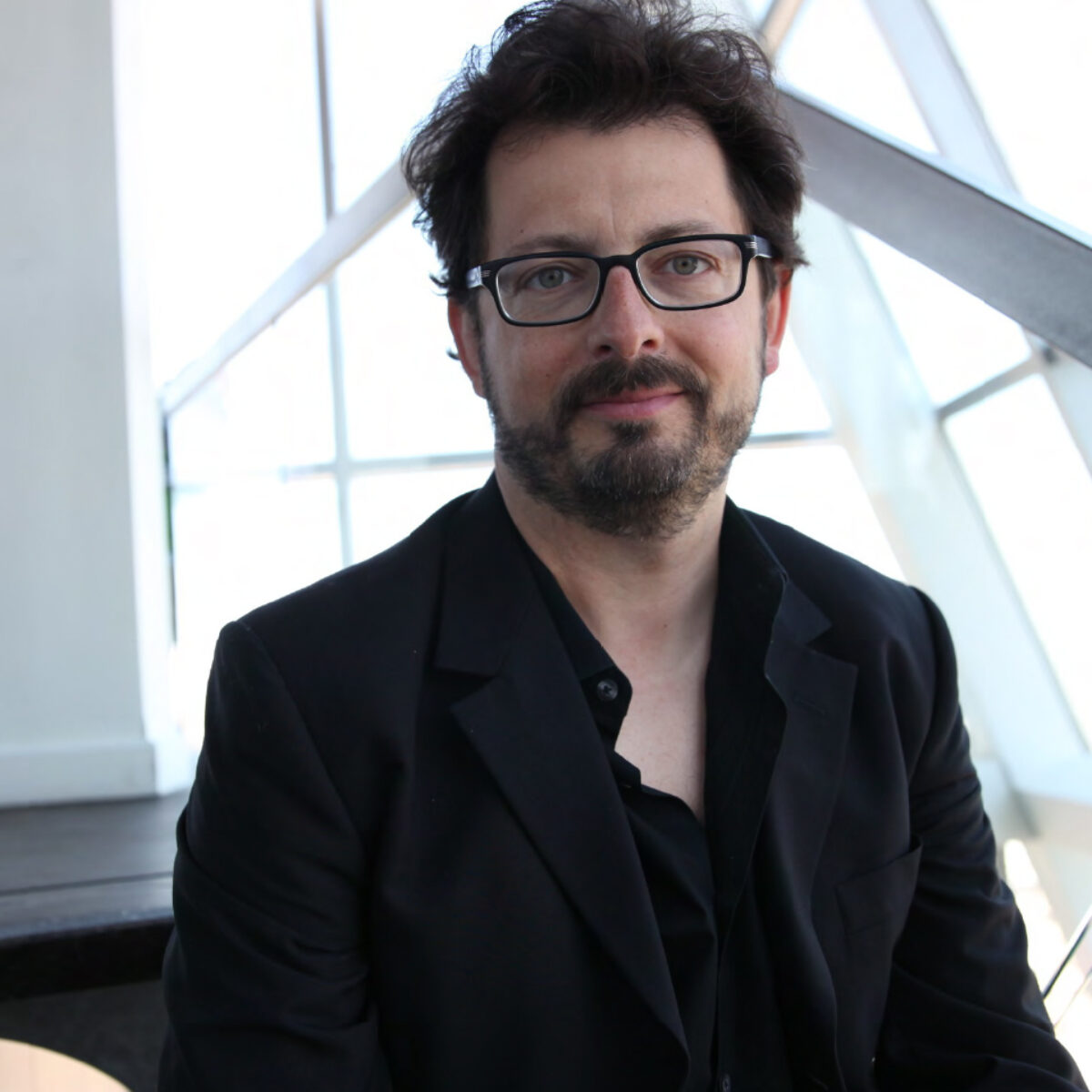
Jack Youngelson
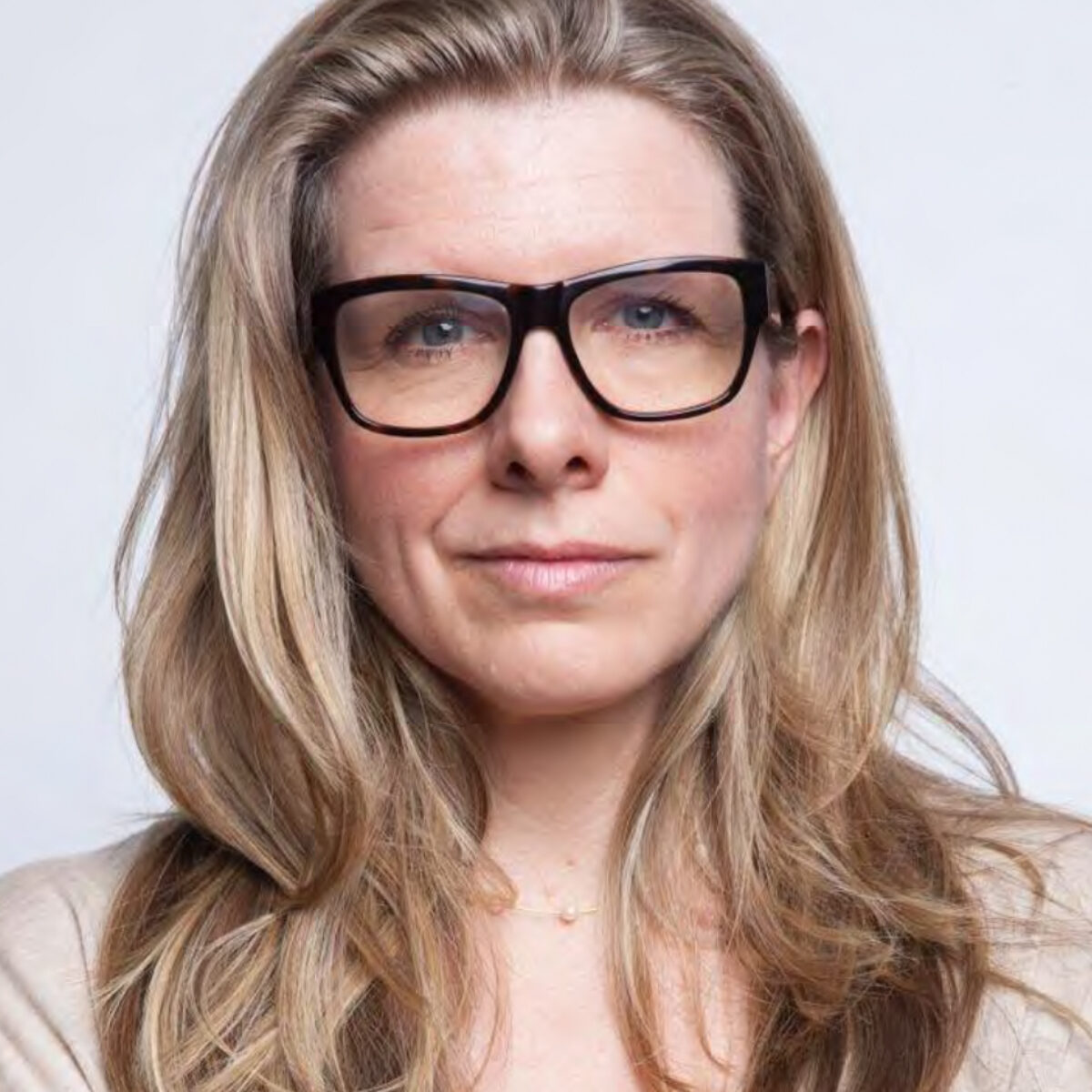
Sian Edwards-Beal
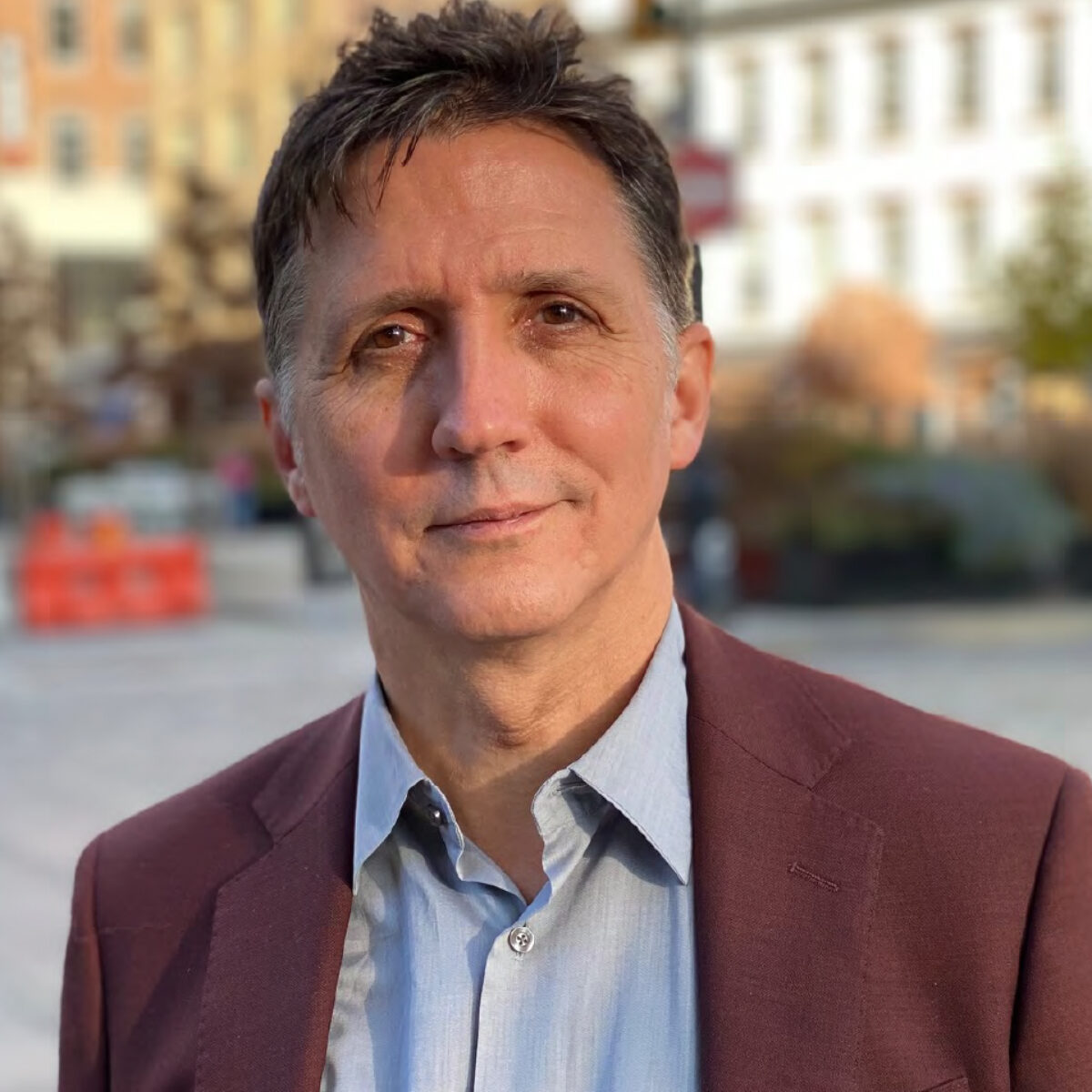
David Beal
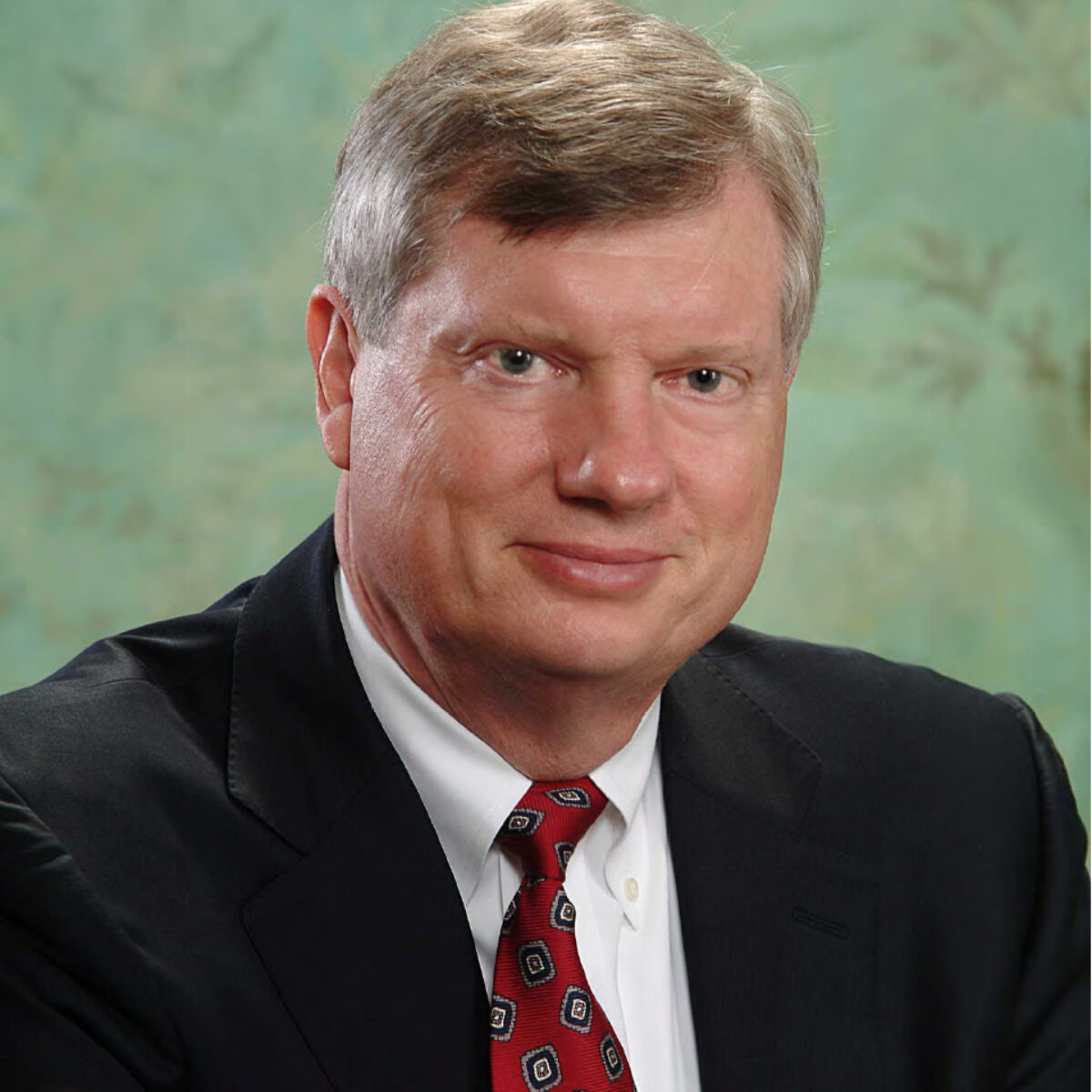
William F. Brandt, Jr.
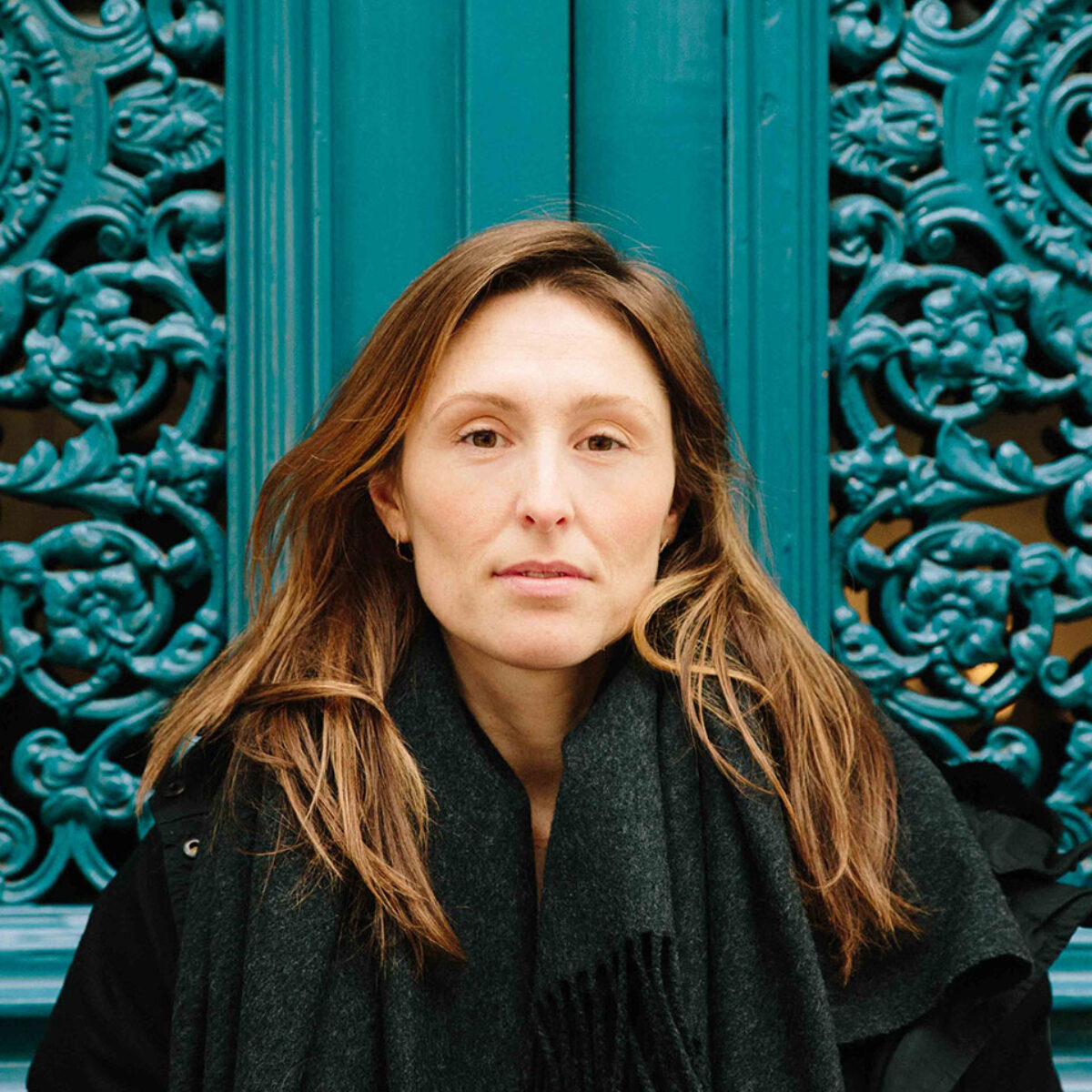
Chloe Hall
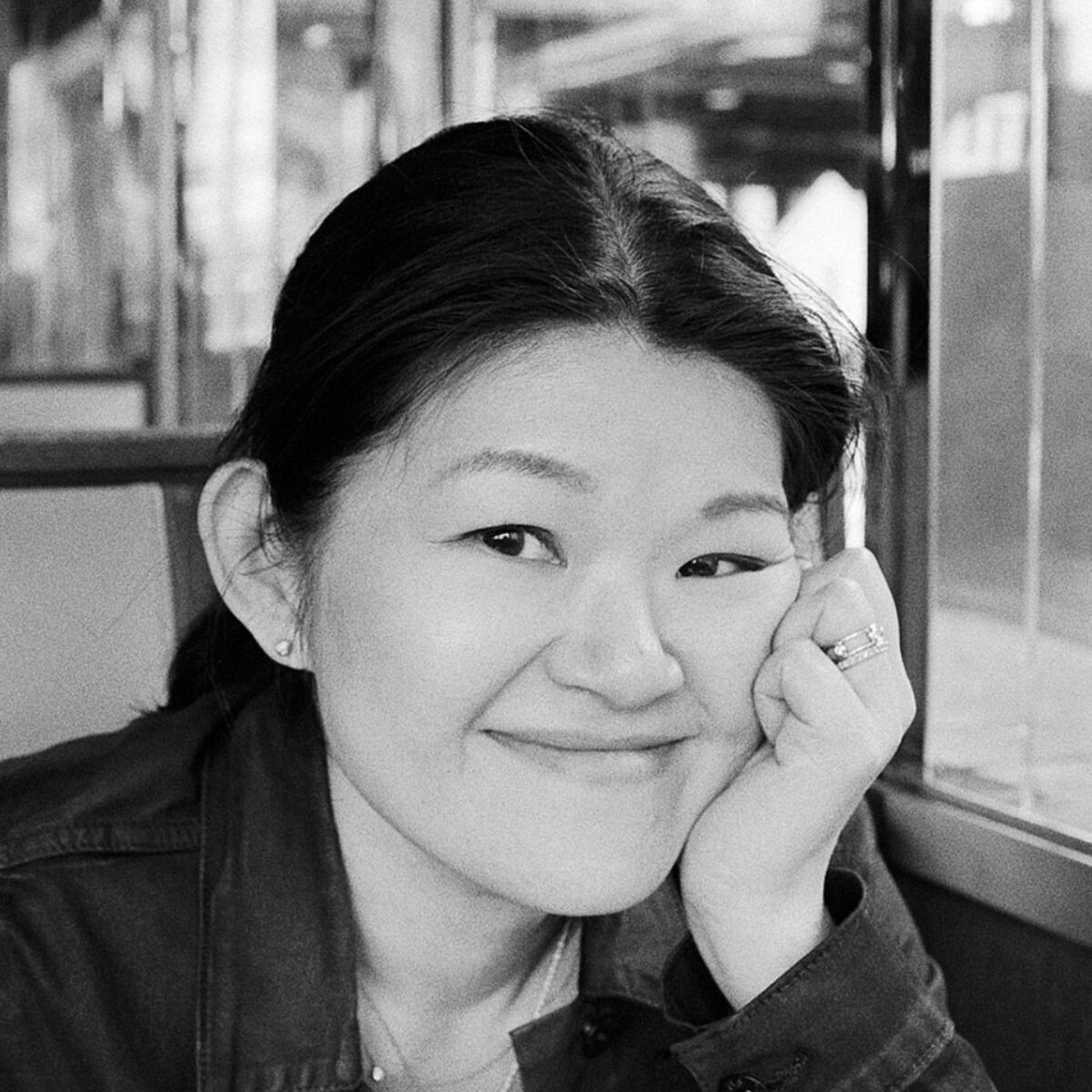
Karen K. H. Sim
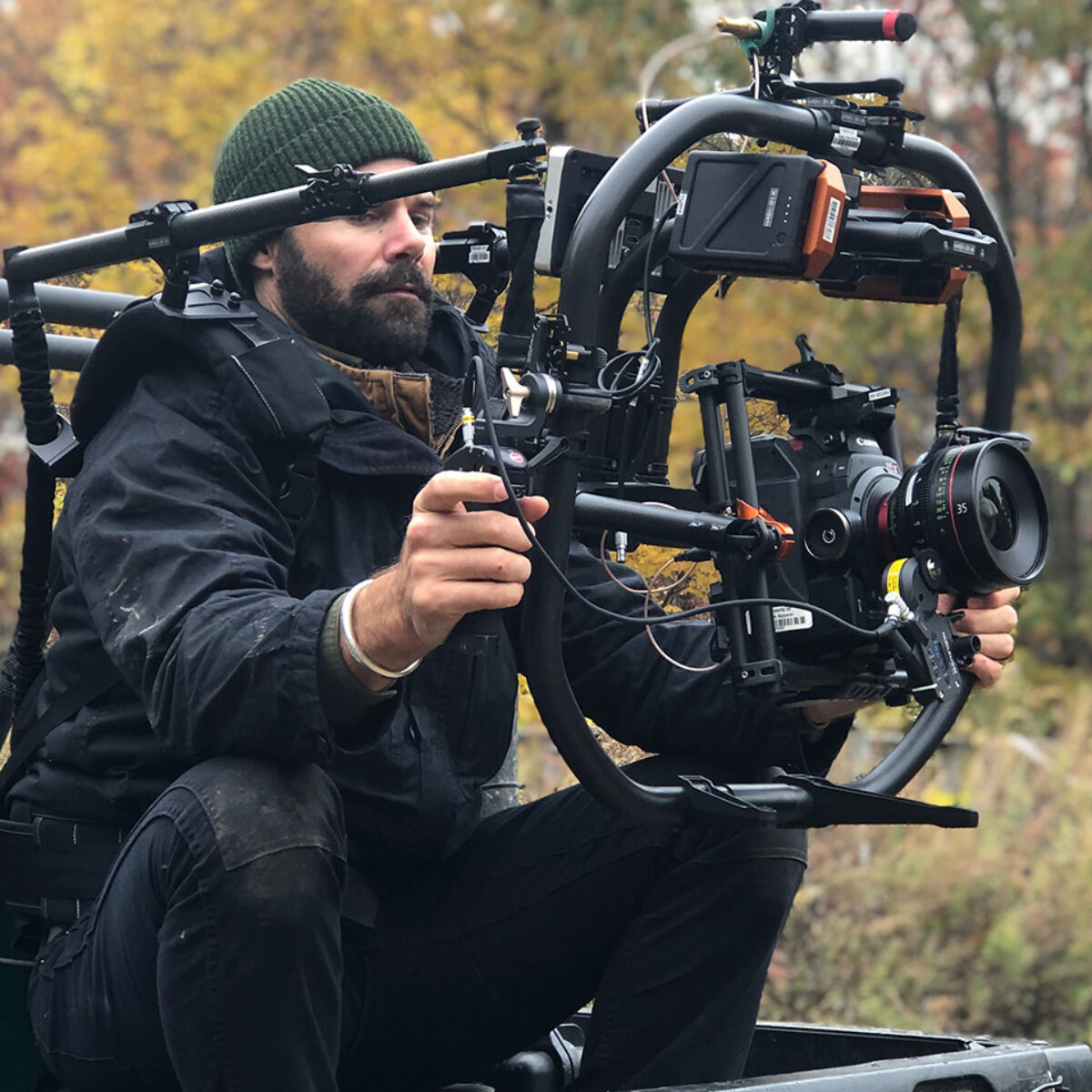
Daniel Carter
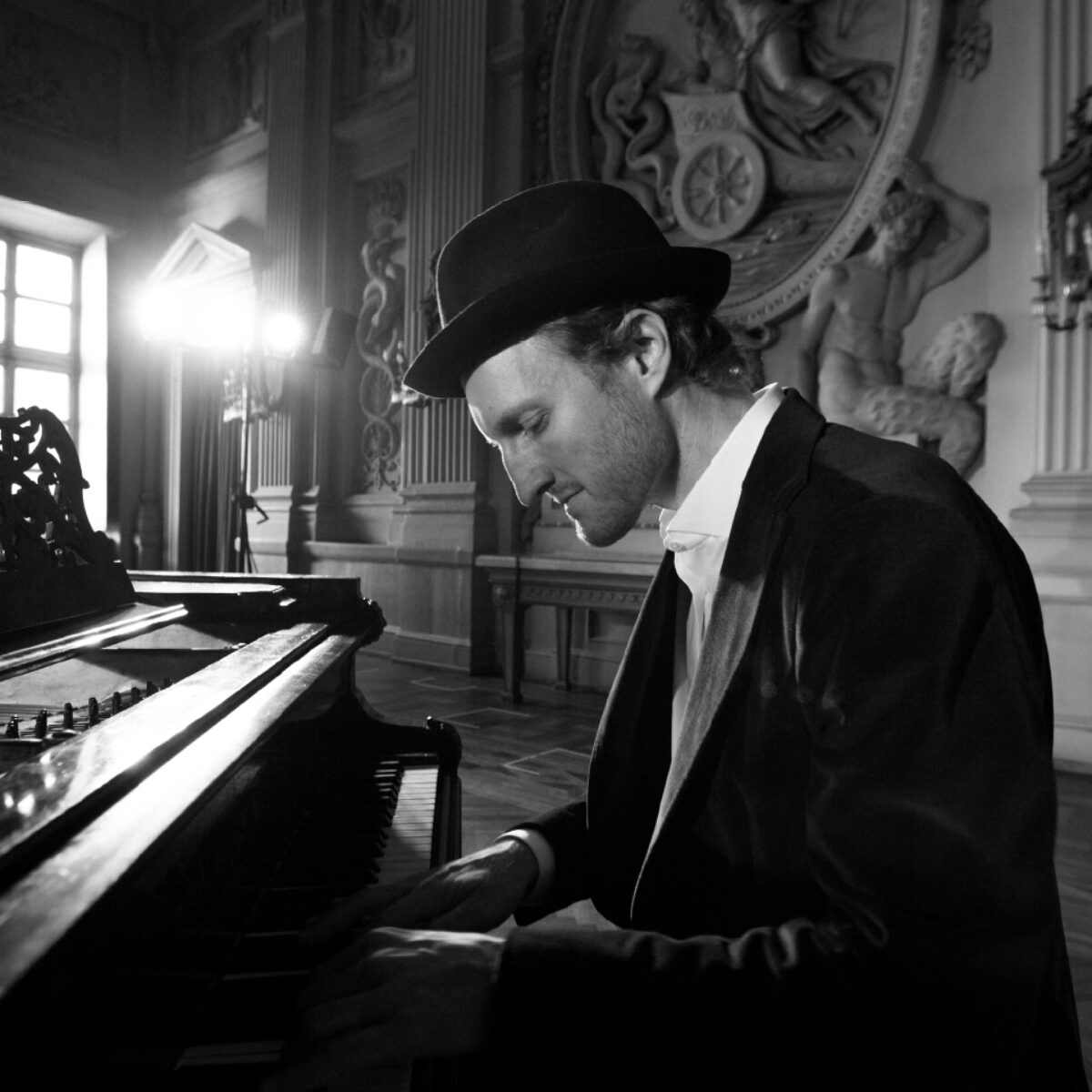
Jeremiah Fraites
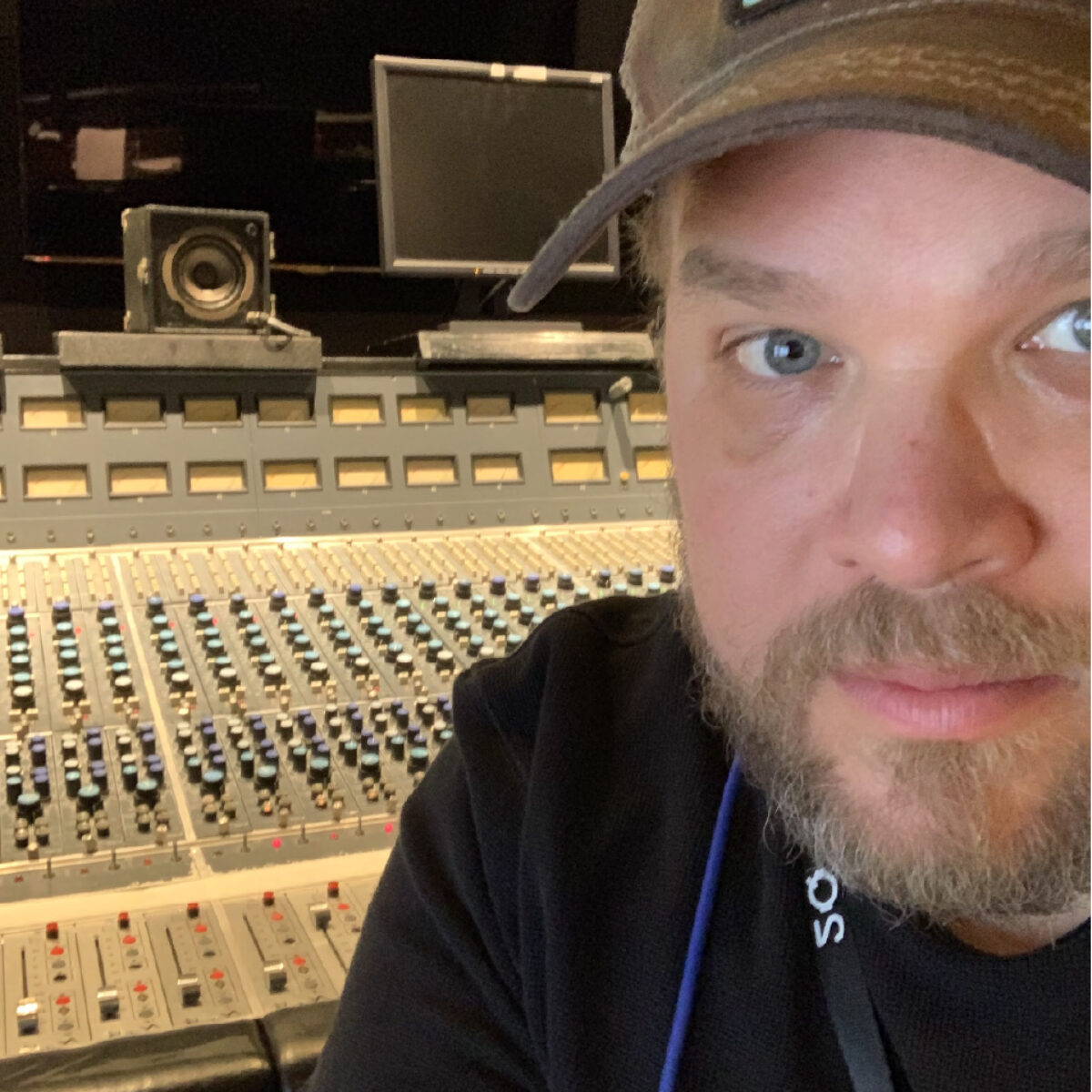
David Baron


